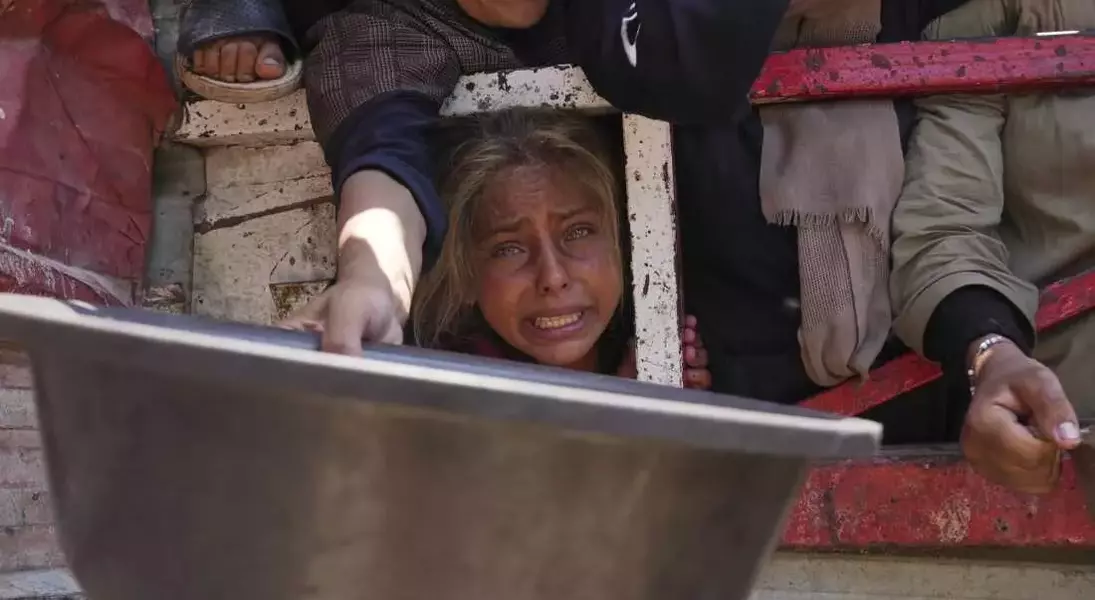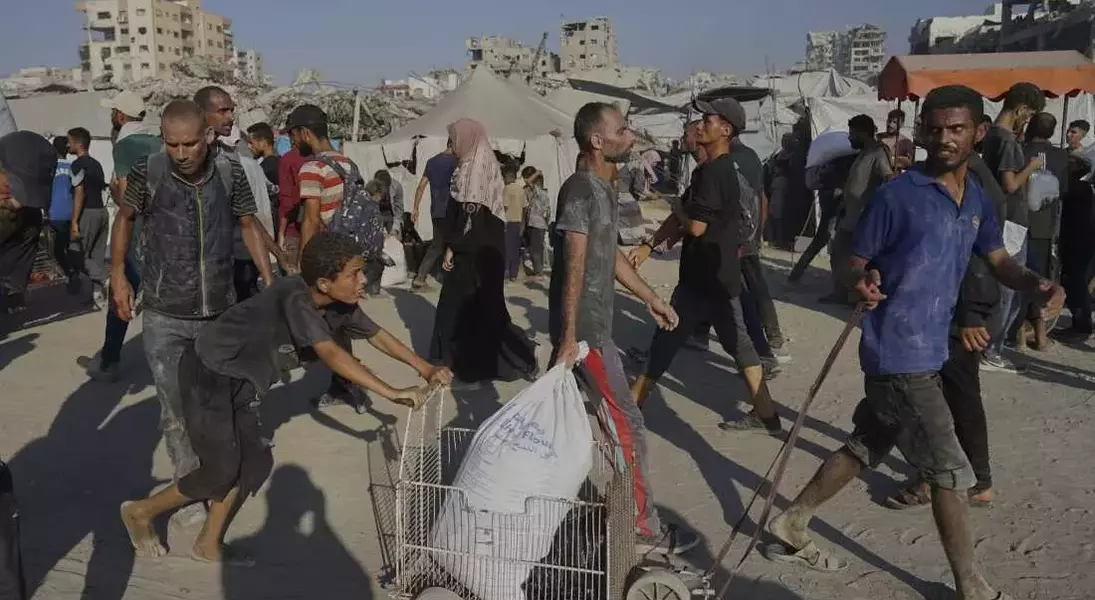



In a significant development, the Israeli military has announced and implemented a daily, limited cessation of hostilities in selected areas of the Gaza Strip. This measure, effective from Sunday, aims to address the severe and escalating humanitarian crisis, particularly the dire hunger situation, that has gripped the territory for the past 21 months. The pause, a direct response to mounting international pressure and criticism, is intended to create safe corridors for the delivery of vital humanitarian assistance to the suffering population.
The Israeli military declared a \"tactical pause\" in Gaza City, Deir al-Balah, and Muwasi, which are among the most densely populated areas within the enclave. Commencing daily from 10:00 a.m. to 8:00 p.m. local time, and continuing indefinitely, this initiative seeks to expand the volume of humanitarian supplies entering Gaza. Alongside this temporary halt in fighting, secure pathways have been designated for aid distribution, and aerial drops of essential goods, including flour, sugar, and canned foods, have been conducted.
For many months, global food security experts have voiced serious concerns regarding the potential for famine in Gaza. Recent distressing images depicting emaciated children have further intensified international outcry, compelling even Israel's closest allies to advocate for an end to the prolonged conflict and the humanitarian catastrophe it has unleashed. While Israel attributes aid restrictions to claims of Hamas diverting supplies, a contention for which it has yet to provide concrete evidence, the reality on the ground highlights a desperate need for unhindered access to food and medical provisions. Dr. Muneer al-Boursh, Director General of Gaza's Health Ministry, emphasized the critical need for a surge in medical supplies and other necessities, stating that \"every delay is measured by another funeral.\"
This localized cessation of combat operations follows a period of uncertainty surrounding broader ceasefire negotiations between Israel and Hamas. Just days prior, both Israeli and U.S. negotiating teams withdrew, with Israel reportedly exploring \"alternative options\" to direct talks with the militant group. Israel maintains that it is prepared to conclude the conflict if Hamas disarms, surrenders, and accepts exile, conditions that the group has consistently rejected. Meanwhile, senior Hamas official Mahmoud Merdawi characterized Israel's change in approach as an acknowledgement of the severe hunger among Palestinians in Gaza, suggesting it was primarily an effort to improve Israel's global standing rather than a genuine concern for saving lives. He further asserted that Israel would face consequences for its actions. Prior to this pause, health authorities in Gaza reported at least 27 Palestinian fatalities from separate Israeli strikes, underscoring the ongoing human cost of the conflict.
The conflict, which began with Hamas's October 2023 assault on southern Israel resulting in the deaths of 1,200 individuals and the abduction of 251 hostages (with approximately 50 still believed to be held), has led to a devastating retaliatory campaign by Israel. Gaza's Health Ministry reports over 59,700 Palestinian deaths, a figure that includes both militants and civilians, though the ministry notes that more than half are women and children. This data, while operating under the Hamas administration, is widely considered by the United Nations and other international bodies as the most dependable source for casualty figures. The humanitarian situation remains precarious, with much of Gaza's populace, displaced into increasingly confined areas, now entirely dependent on external assistance for survival.
